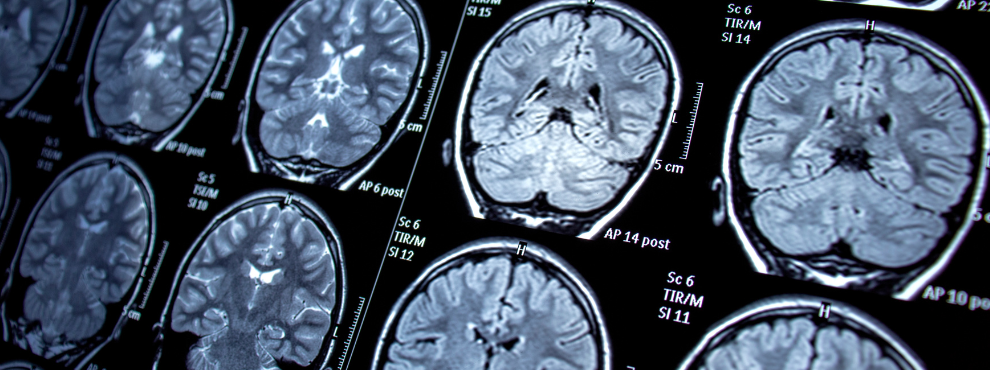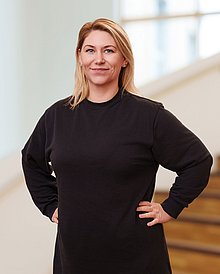European Academy of Neurology presents the world's first Neurological Research Agenda
The agenda, which was developed with the involvement of Witten/Herdecke University, serves as a guide to raise awareness of neurological diseases.

The European Academy of Neurology (EAN), to which Prof Dr Ulf Kallweit, holder of the endowed professorship for narcolepsy and hypersomnolence research at Witten/Herdecke University (UW/H), belongs, has presented its pioneering neurological research agenda.
Current statistics show that more than 30% of the world's population is affected by neurological diseases, while the estimated funding for neurological research accounts for only 10% of the total global budget for research activities. With its new agenda, the EAN is sending a clear signal of the urgent need for action in this area.
The scientists involved have identified seven categories of common neurological disorders: neuroinflammatory/neuroimmunological diseases, headache and pain, Alzheimer's disease, stroke, movement disorders, epilepsy and sleep-wake disorders. As an in-depth literature review has highlighted that certain diseases such as stroke, multiple sclerosis and movement disorders are already in focus, the EAN emphasises that headache and pain, Alzheimer's disease, epilepsy and sleep-wake disorders should now be researched with the highest priority.
Sleep as a key to brain health
For Prof Dr Ulf Kallweit, this is a big step in the right direction: "Sleep is of central importance for brain health. Sleep disorders are very likely associated with an increased risk of neurodegenerative diseases such as Parkinson's or Alzheimer's. I am delighted that research into sleep and wakefulness disorders has been placed on the priority research agenda by the European Academy of Neurology. This will create greater awareness of the importance of these disorders and facilitate funding."
Prof Kallweit himself is currently working on a study investigating the influence of a change in diet on narcolepsy, i.e. extreme sleepiness during the day. In international study consortia, he is also investigating the familial and genetic influences on sleep and wakefulness disorders.
Strategic research agenda to guide researchers, clinicians and funding organisations
A specialised survey of EAN scientific bodies, neurologists and patients has also shown that global research gaps exist in areas such as improving treatment options, understanding underlying disease mechanisms, international collaboration and prevention. Prevention in particular should be given more attention in research.
The Innovative Research Agenda acts as a valuable tool for prioritising neurological research and provides a clear roadmap for clinical progress. The European Academy of Neurology calls for a concerted effort to intensify research to reduce the burden of neurological diseases and raise awareness of their impact.
Photos for download
Contact person

Svenja Malessa
Press Officer
Administration | Communication & Marketing
Alfred-Herrhausen-Straße 48
58455 Witten
Room number: 2.F05
